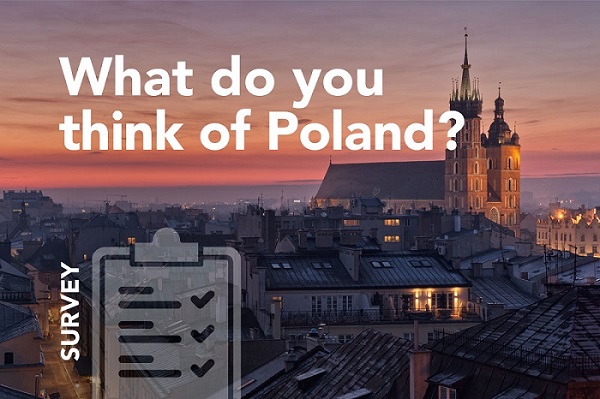A Journey through Polish Provinces: The Małopolska Province
The Małopolska Region, also known as Lesser Poland, is an enchanting part of southern Poland characterized by its rich history, breathtaking landscapes, and vibrant cities. This region boasts a wealth of cultural heritage and natural beauty, attracting tourists worldwide.
At the heart of Małopolska lies Kraków, the former royal capital of Poland. Its historic center, a UNESCO World Heritage Site, radiates medieval charm with its beautifully preserved streets and squares. The imposing Wawel Castle overlooks the city from its hilltop perch, representing Poland’s rich royal history. The bustling Main Market Square, home to Cloth Hall and St. Mary’s Basilica, pulsates with life, filled with cafés, shops, and musicians.
A short distance from Kraków, one finds the Wieliczka Salt Mine, another UNESCO World Heritage Site. This astounding subterranean labyrinth stretches over 178 miles (287 kilometers), reaching depths of 1,073 feet (327 meters). The mine impresses with its remarkable chapels, statues, and artworks carved from salt. Visiting Wieliczka feels like a journey to a magical underground world.
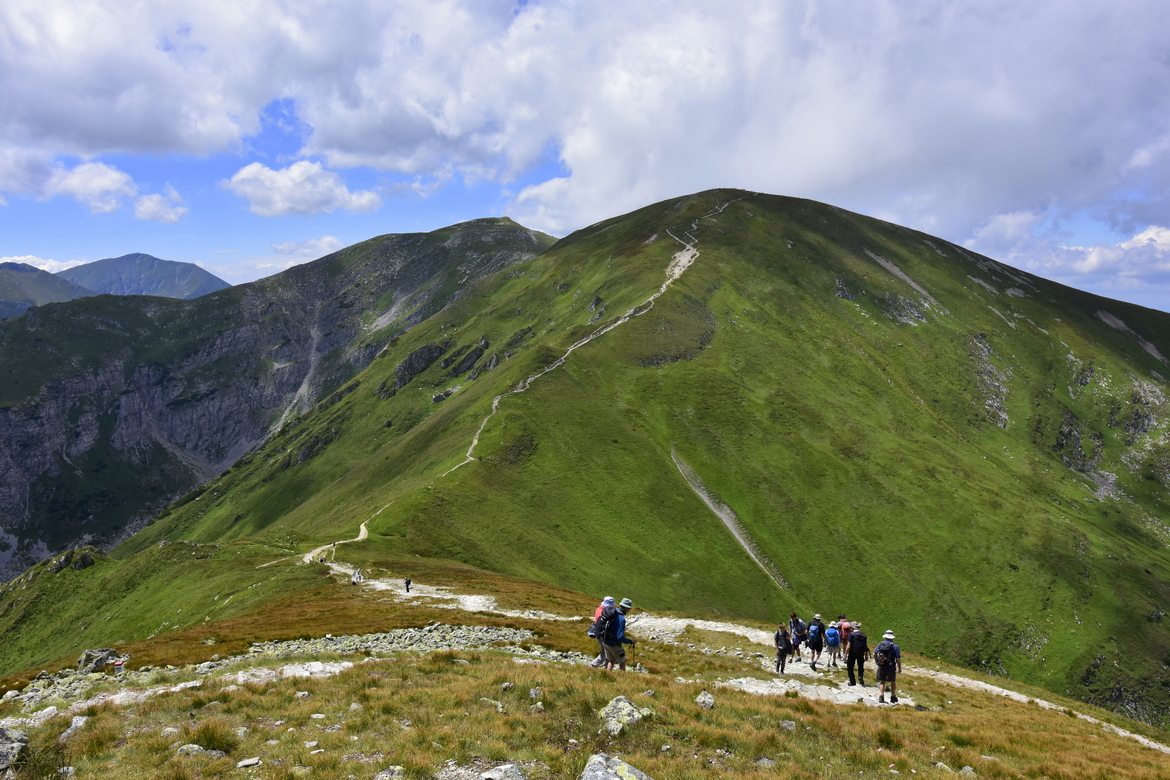
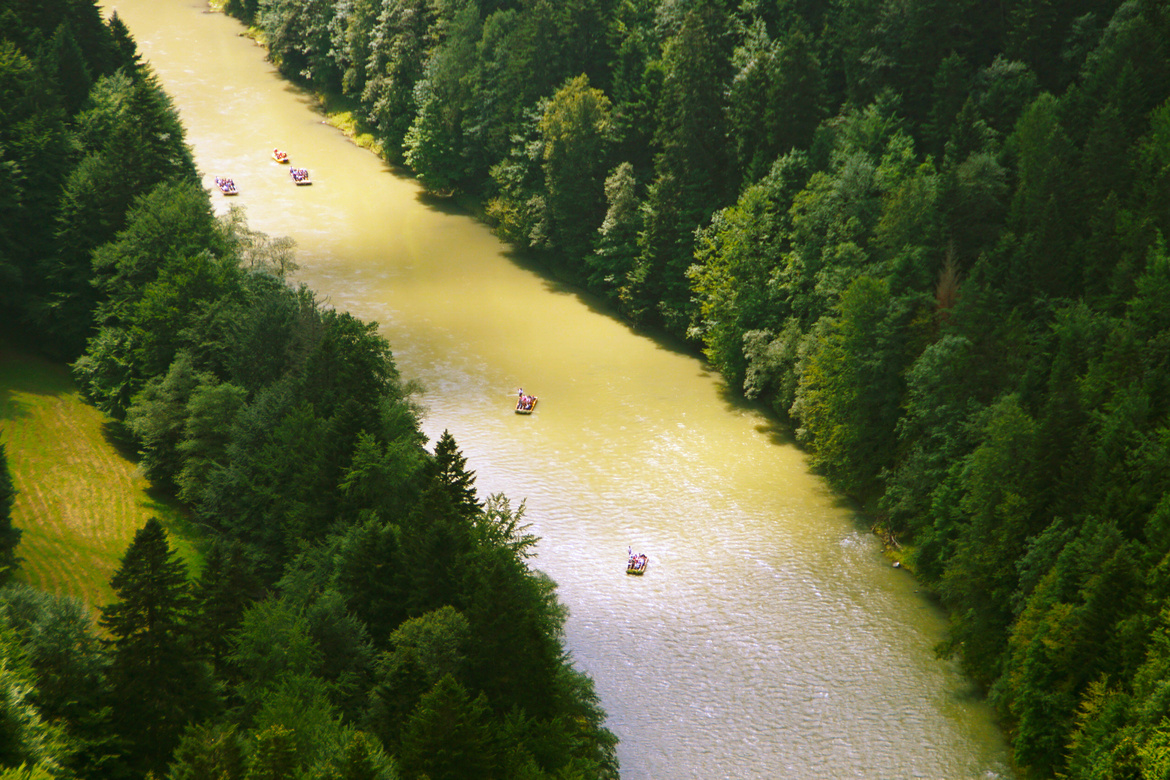
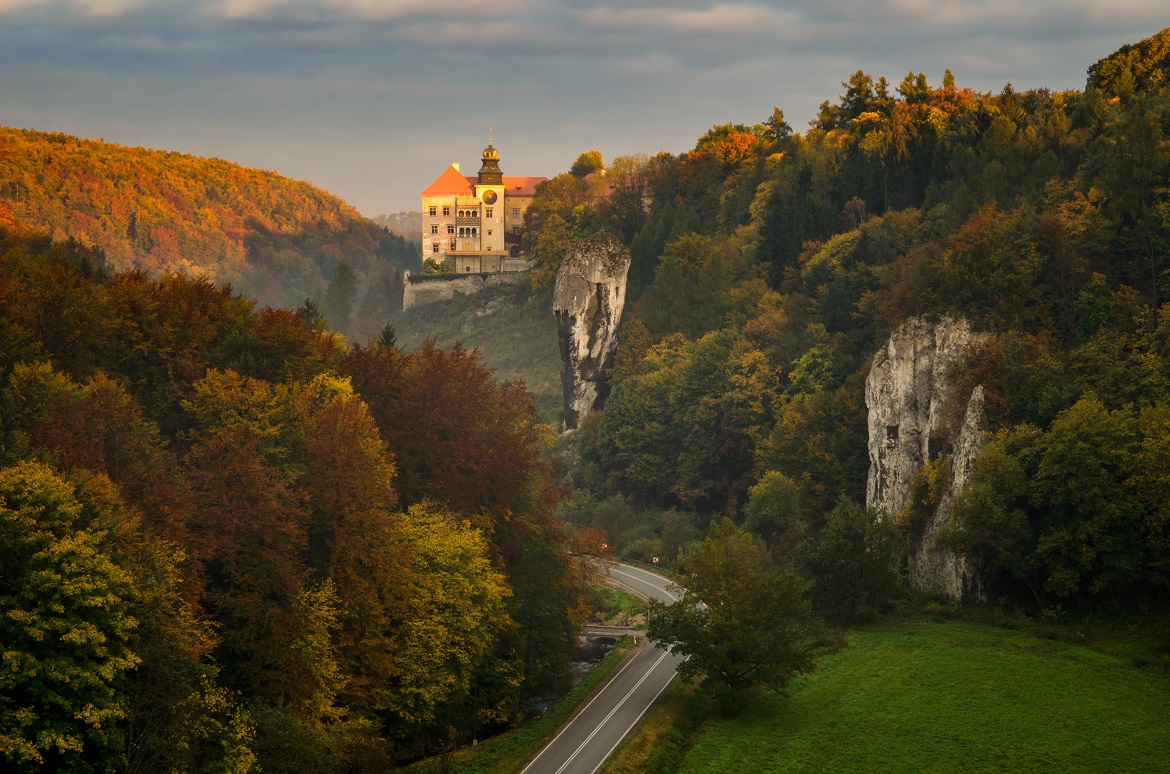

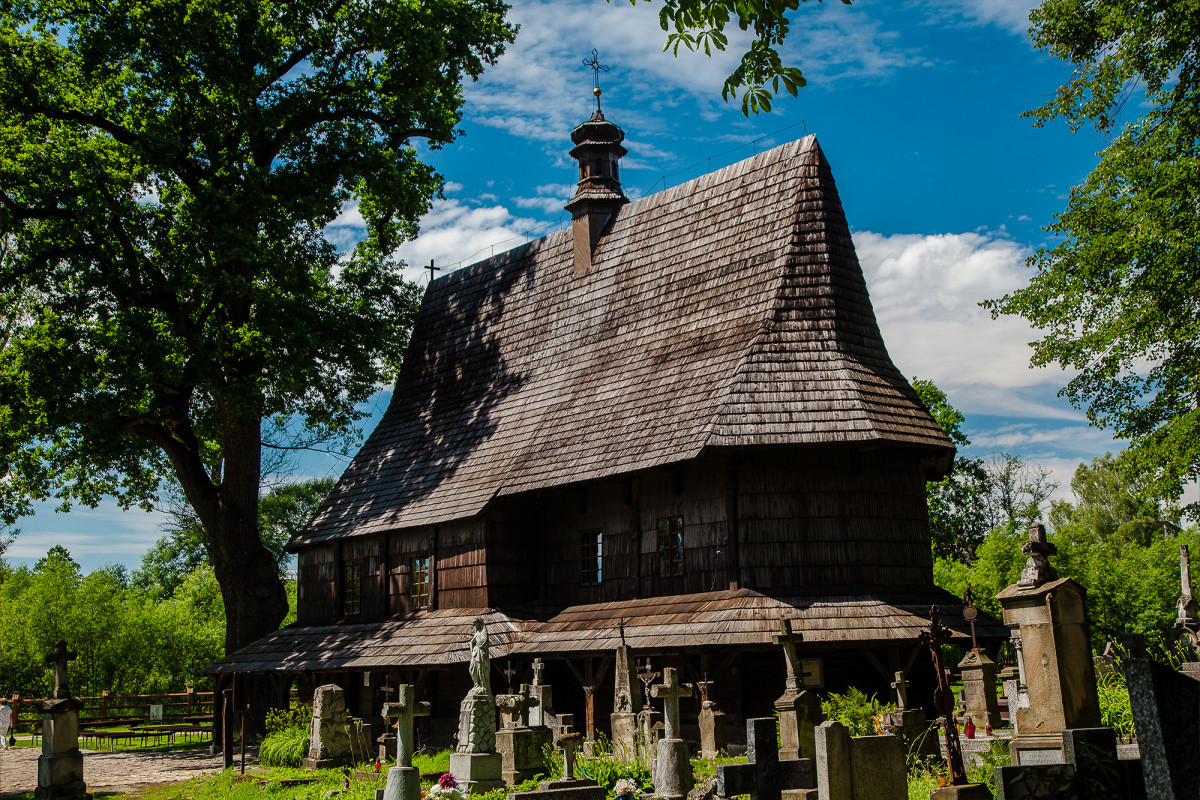
Not far from Kraków, the Auschwitz-Birkenau Memorial and Museum, a sobering UNESCO World Heritage Site, reminds us of one of history’s darkest chapters. While a visit can be a chilling experience, it is a powerful testimony to the atrocities of war, underscoring the importance of remembrance and education.
Further south, nestled in the stunning Tatra Mountains, lies Zakopane. Known as the „winter capital of Poland,” it’s a paradise for snow sports enthusiasts, with numerous ski slopes and hiking trails. Zakopane’s distinctive wooden architecture, unique folklore, and traditional smoked cheese, oscypek, offer a cultural feast for visitors.
The Tatra National Park, a UNESCO Biosphere Reserve that straddles the Poland-Slovakia border, is a haven for nature lovers. Its high-altitude landscape comprises picturesque peaks, deep valleys, rushing streams, and lush forests, home to lynxes, brown bears, and other wildlife. Tourists can indulge in trekking, bird-watching, or soaking in the park’s tranquil beauty.
The Małopolska Region is known for its charming painted village of Zalipie. This „open-air museum” is renowned for its delightful tradition of painting homes, wells, bridges, and even dog kennels with vibrant floral patterns. The annual „Malowane Chaty” competition, held since the end of World War II, has helped keep this folk art alive.
The region is also home to the Wooden Churches of Southern Lesser Poland, a group of six churches inscribed on the UNESCO list. These architectural gems showcase the Gothic style executed in wood, symbolizing the region’s unique blend of cultures and traditions.
For adventure seekers, the Dunajec River Gorge offers an unforgettable rafting experience. Carving through limestone cliffs and dense greenery, the river provides a thrilling ride and incredible views.
If you’re a fan of castles, Pieskowa Skała Castle is a must-see. Perched on a rocky cliff, it seems to have come straight out of a fairy tale. It houses precious collections of art, furniture, and military objects, giving a glimpse into Poland’s past.
Lastly, the Ojcowski National Park, located within the Kraków-Częstochowa Upland, is worth exploring for its remarkable karst phenomena, caves, and rich biodiversity.
The Małopolska Province is a vibrant blend of history, culture, and natural beauty. Whether you are a history enthusiast, an adventurer, a nature lover, or an art enthusiast, this part of Poland promises an unforgettable journey filled with remarkable sights and experiences.


